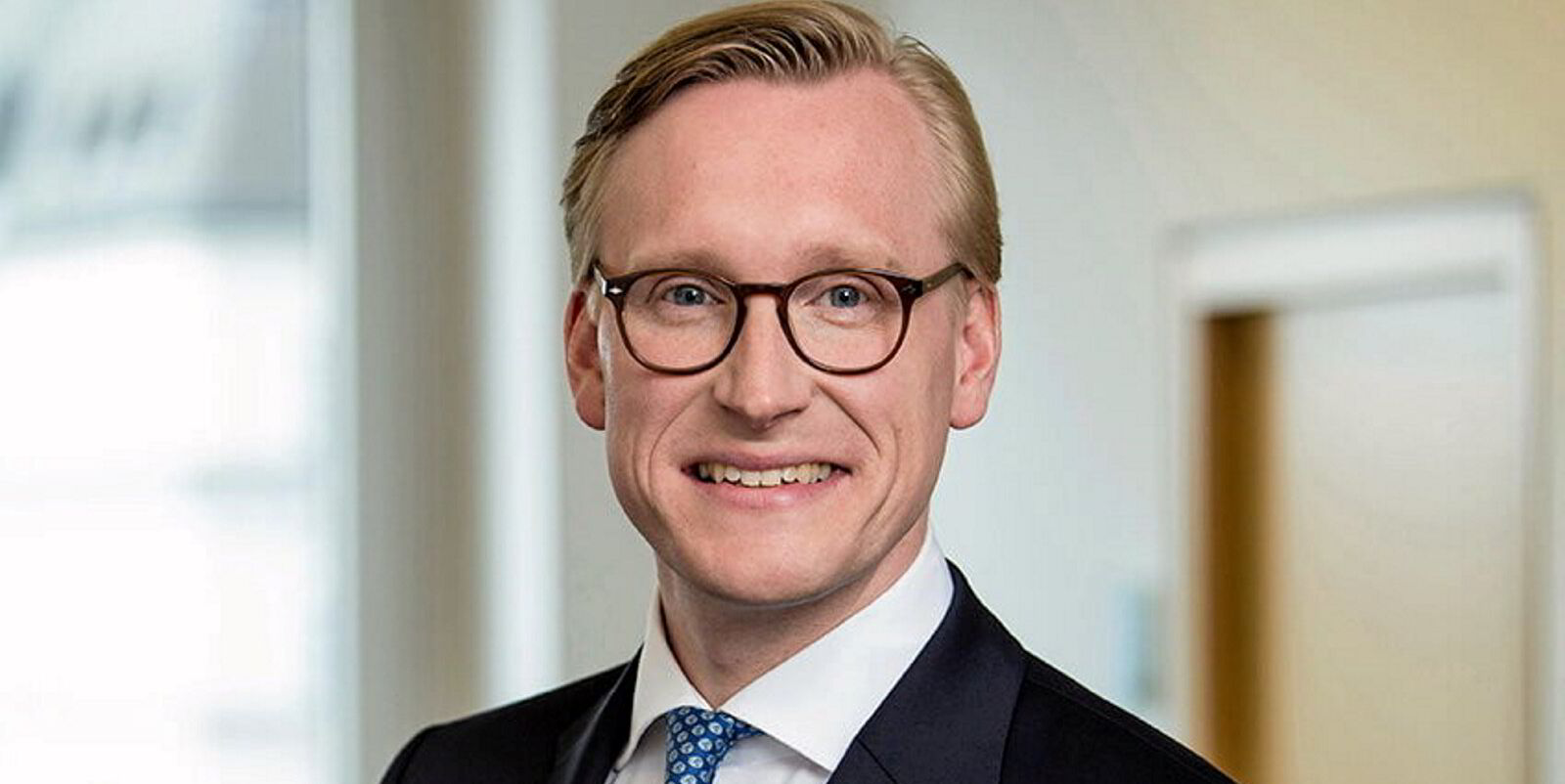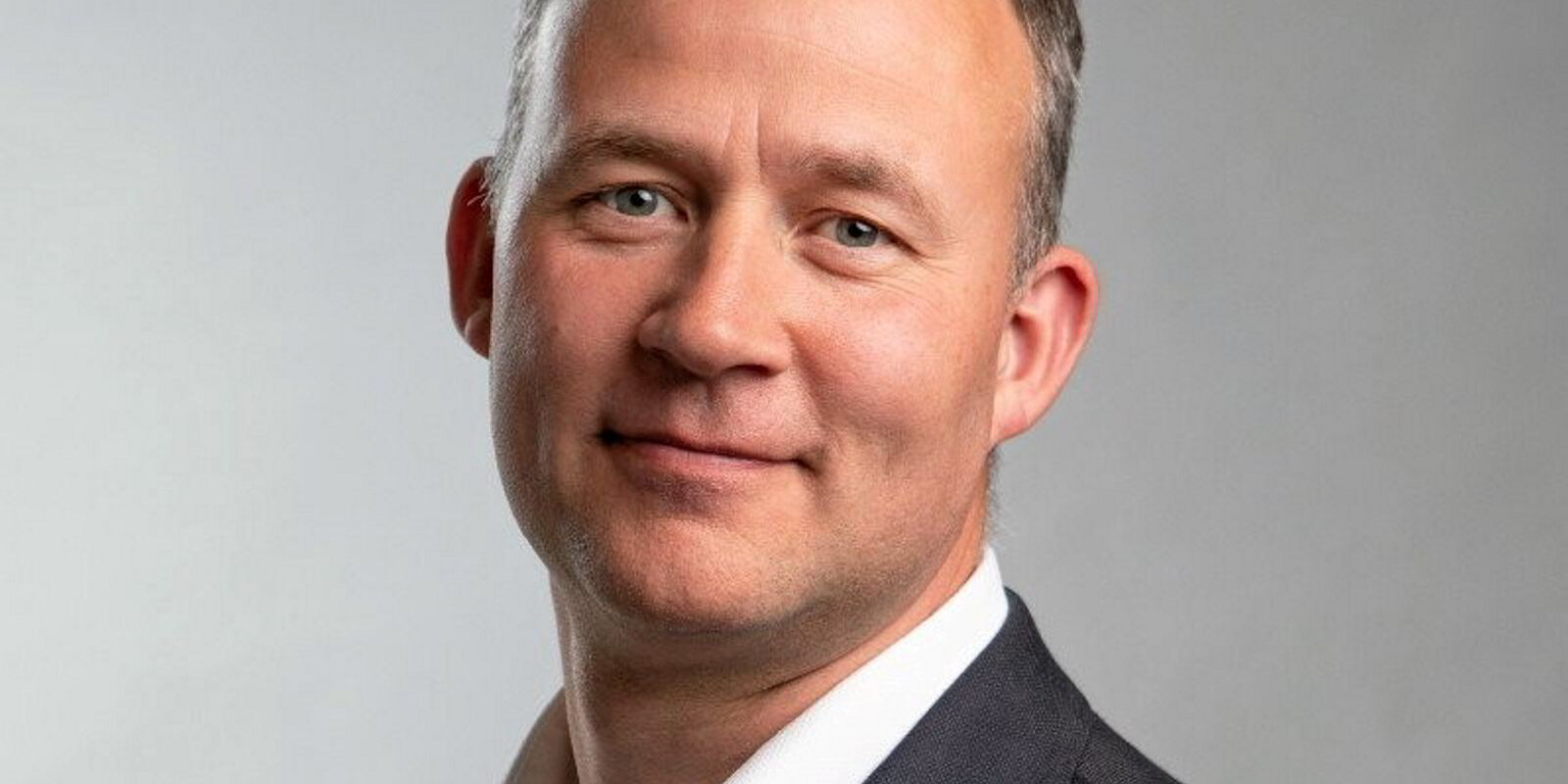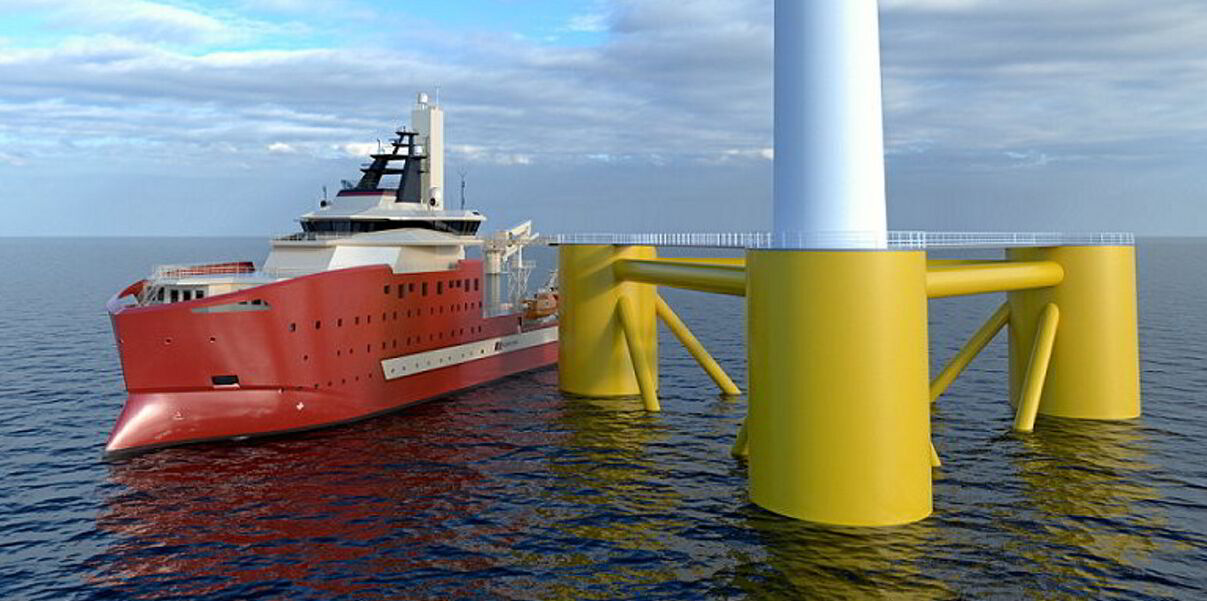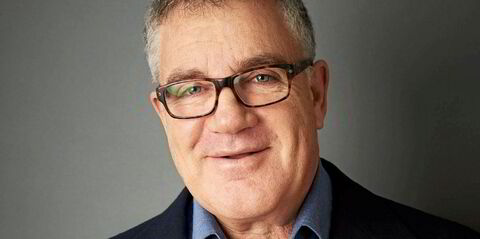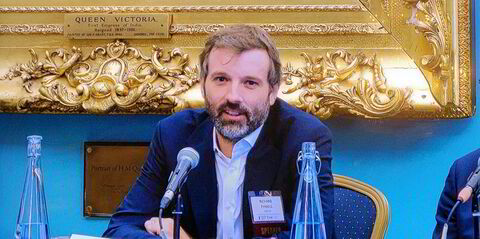German shipbuilders have the skills and opportunity to capture a slice of the multi-billion domestic offshore wind vessel sector.
But Christian Finnern, head of Germany at Watson Farley & Williams (WFW), believes government support is crucial if orders are to be secured ahead of Asian and Scandinavian competitors.
Big renewable energy names such as RWE, EWE, Orsted and Vattenfall are active in German waters, and turbine capacity will continue to grow.
But only a handful of German shipowners are operating vessels in the market.
And the legal expert believes this could change.
“It is definitely a growing market,” Finnern told TradeWinds.
Power conversion platforms must be built close to offshore wind farms, he pointed out.
These cost $2.5bn each and 33 of them are needed, the WFW man explained.
“That’s really massive, and it’s a highly complex technology,” Finnern said.
“I think the German shipbuilding industry is better placed these days in the more complex stuff, because, as we all know, China, Korea, Japan picked up all the more commoditised stuff: commissioning/service operation vessels [C/SOVs].”
German shipyards are good at building cruise ships, “but these conversion platforms are also, of course, a perfect opportunity to step in”, Finnern added.
“CSOVs are constructed in Norway, and obviously there are shipyards here to say, look, that is something we could do as well,” he said.
State cash needed?
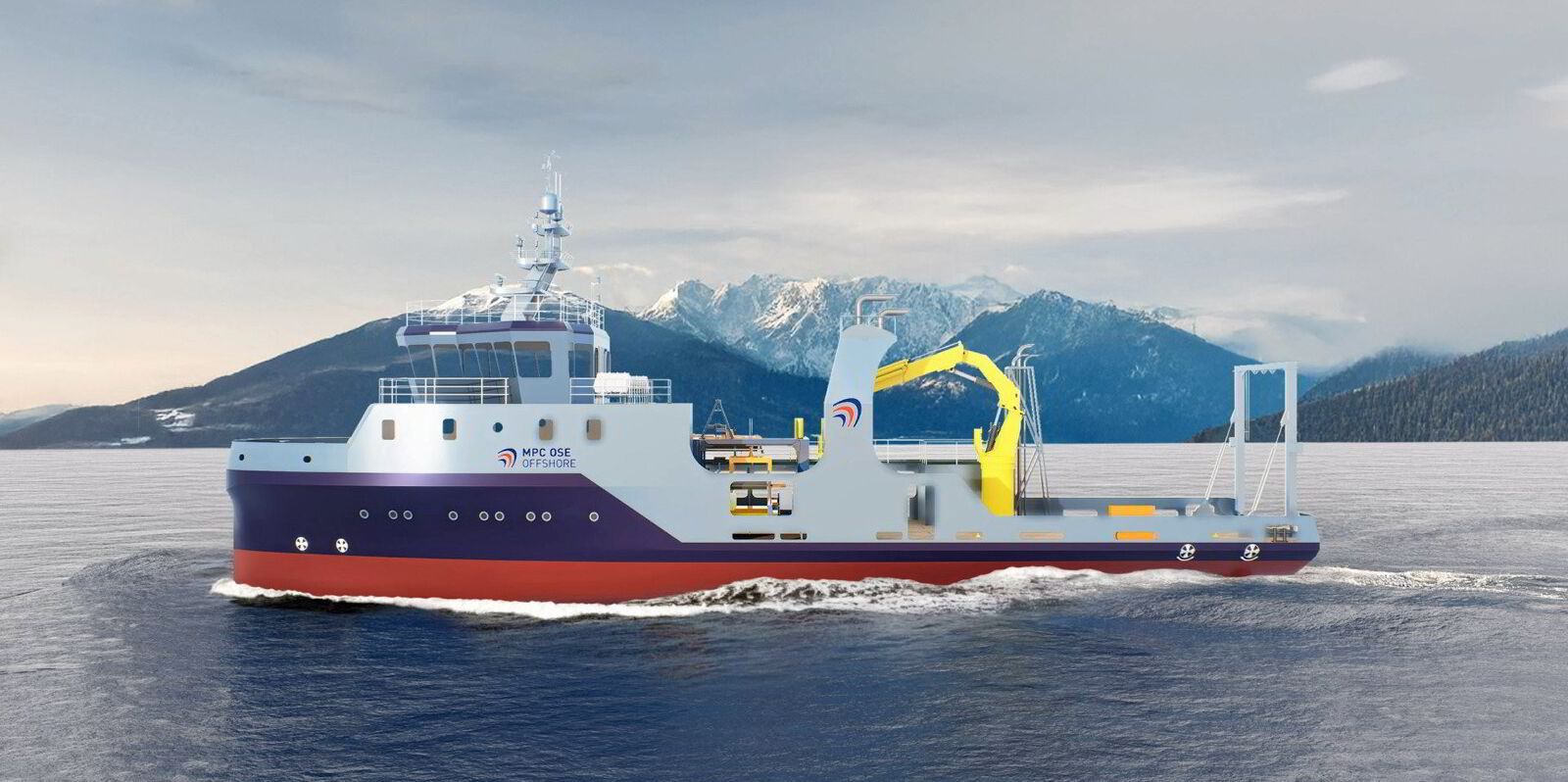
“Given how close the shipyards are to offshore markets in the North Sea and Baltic Sea, it would be a very logical step to do that,” the lawyer argued.
There is also the potential for European Union subsidies to support the domestic business.
“Either Germany or the federal states where the yards are located, they are usually very keen to promote these projects, because it secures employee places, it secures work for the region, so shipyards in Germany are always a very political aspect,” he told TradeWinds.
“I think, as a state, part of the European Union, you cannot say, ‘we have an ambition to grow the energy coming from renewable energy’, and then not support getting the infrastructure in place,” Finnern said.
He added that the state is working on a programme where they can help companies interested in buying a German shipyard, or placing an order at German yards.
Finnern calculates that between 80 and 100 CSOVs and SOVs are needed for ongoing projects.
“Obviously you can place the order in Asia, but then at some point the Asian yards are full,” the lawyer said. “I think that’s probably the main reason why there should be space for the German yards.”
In terms of German owners, Schoeller Holdings and Deutsche Offshore Schifffahrt (DOS) placed an order earlier this year for four special-purpose vessels for the offshore energy market.
Briese Schiffahrts has ships to lift turbine parts, while Bernhard Schulte owns two SOVs.
Last week, MPC Capital and OS Energy said they are ordering six offshore service and survey vessels in Denmark.
“There is definitely an opportunity. I would not say there are many German owners in the sector,” Finnern said.
“The challenge there probably is if you’ve done always containers, tankers or bulkers, you can’t just say, now I’m an offshore ship owner and an expert in that field.
“Because these are more complex vessels than container vessels. But I think the structure is there,” he added. “I think the expertise is there. The people are there. We have very sophisticated ship management companies.”
Bringing together challenges and incentives
Finnern believes the market challenge and financial incentives must be brought together, so that German owners think ‘here’s something where I can invest, which is away from my usual path of ordering a container vessel in Asia and just operating that and chartering that out to MSC or Maersk or whomever’.”
“That is where the government comes into play again, or should come into play again, saying, look, we want to incentivise the German ship owners and ship managers who have the expertise to order these ships,” Finnern told TradeWinds.
The lawyer explained that ship financing banks are now back to lend.
“And we all know that the container lines earn so much money that they repay all the loans and all the bankers are concerned about the repayment notices. And they sit there, saying I want to lend you money. And there’s a high competition there,” Finnern said.
“The environment has changed. So the lending into these type of structures, I think it will be a natural addition,” he added.
Joint ventures have always been important for new shipping sectors.
“The Scandinavians are also very well advanced in thinking around this, for a number of reasons, including also the investor perspective,” Finnern said.
If it’s a German government project, there will be an expectation that the shipowner should be local, but maybe not exclusively, he believes.
“If a yard, in combination with a German owner or manager, spots an outside partner, this will happen if the environment is right,” Finnern added.
“This is to a certain extent the responsibility of the government to create that environment,” he said.
